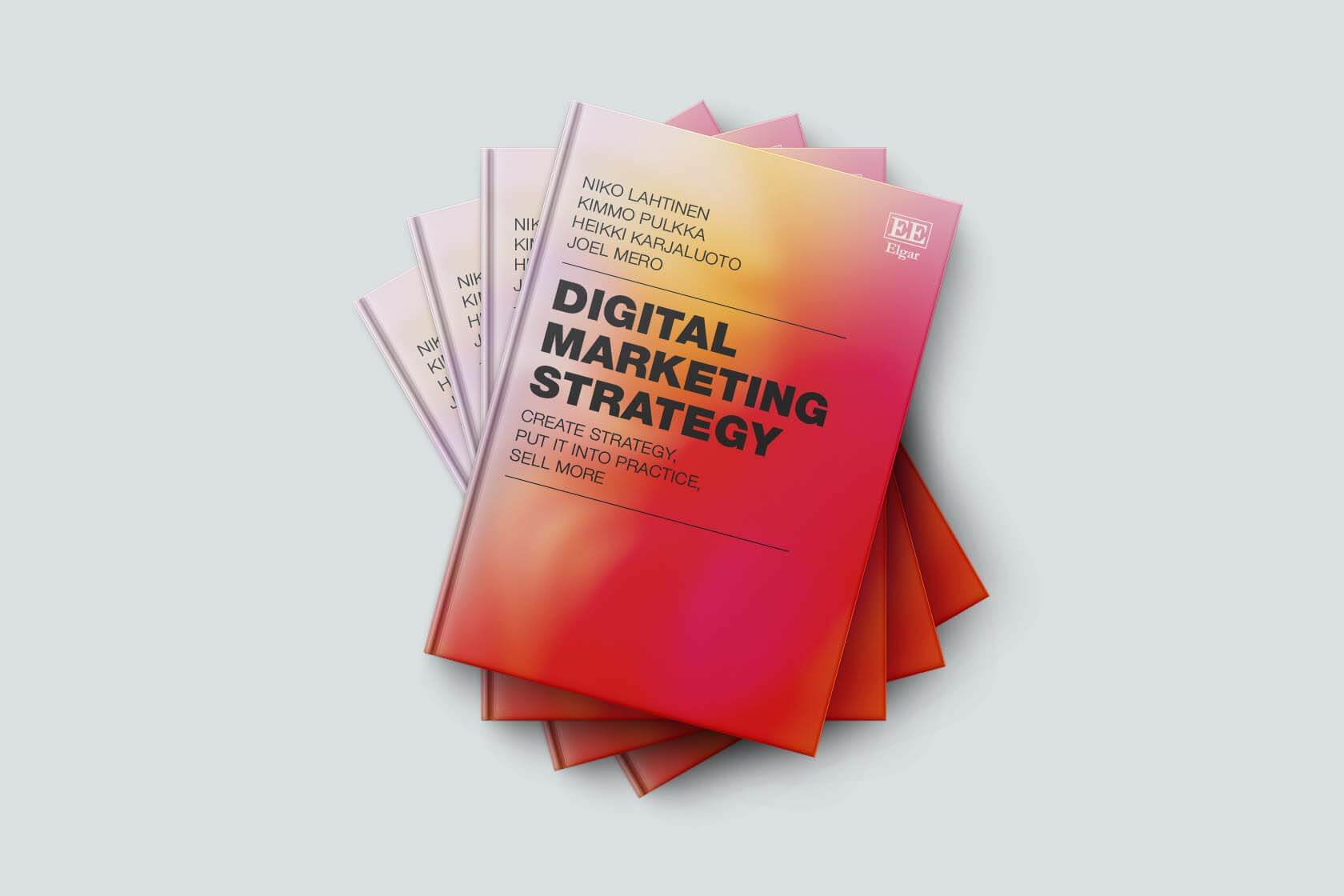Well-executed search engine optimization (SEO) improves search engine coverage of a website and increases its traffic. However, search engine optimization can achieve much more than just visibility. In this blog, I go through the benefits of SEO, especially for strong brands.
Organic or free search results are often the source that brings the most traffic to websites. According to statistics compiled by Search Engine People, 70-80% of people never click on paid ads in search results and up to 93% of all website traffic comes through search engines.
Organic search results also reach users of ad-blocking who may not see paid advertising on search engines.
Using accurate search terms on website brings more buying customers
Strong brands are well placed to succeed well in search engines because the domain of the websites of such companies is usually very strong. That is because strong brands get a lot of external links to the site, which shows search engines that the site is trustworthy. Strong brands also tend to be at the top of the search results when searching for body keywords. An example of a body keyword can be “Computers”, while with a more specific search term, the so-called long-tailed keyword “Laptop for gaming use”, might bring up a smaller player with a page optimized for that long-tailed keyword on their website. In general, people who search with such accurate search terms are also more willing to buy the product they are looking for.
It is easy for big companies and strong brands to succeed with accurate search terms as well, because, as mentioned, the domain of strong brands’ websites is often strong as well. Still, surprisingly few people focus on websites and content when building a long-term back-to-back search term, because there is too much trust in the power of the brand. However, customers only buy from the pages they find on Google, and not just a strong brand will take you there.
Search visibility increases brand reliability and facilitates reputation management
Search visibility with many different keywords that are important to the company’s operations inspires confidence in the applicant’s eyes. Many customers using search engines often search for that particular service or product with a few different search words. If the same company comes out on top in search results with all the different search terms, the applicant is likely to end up browsing this website and even likely to buy the product or service they want. The brick-and-mortar store and website have one thing in common – you need to be where your customers are. So, discoverability is the key to sales growth. With continuous search engine optimization, the site can always be kept up to date as search engines change their algorithms.
Reputation management can also be done on search engines if, for example, the company is written negatively online and these appear in the search results when you search for the company. Reputation management can be done by elevating the company’s other pages or even social media pages in the search results for better rankings. However, such work requires a lot of resources and activity online. You also have to remember that there is usually a reason for negative writing and it is worthwhile to find out first.
Turn traffic into money
With technical search engine optimization, the site is made friendly both to the robots in search engines that go through the site, and to the person who is coming to find information or buy the product that they are looking for. By tracking site errors and changes that occur there, you can react quickly to these changes, which are often overlooked by site administrators because the necessary tools are missing. All this affects the usability of the website, leaving the customer visiting the site satisfied and not switching to a competitor’s site due to poor usability.
Tracking data brings more power to your entire marketing
Tracking search terms and visitor analytics is important to improve the site conversions. The tools intended for these can be used to monitor, for example, variations in search rankings and to assess why, with some search terms, the ranking has decreased and what should be done to correct it. This allows you to react quickly to business maintenance if, for example, your company’s competitor ignores you with some important search term in the search results and reassess the financial benefits. Or we can start to find out why a particular product sells less than others, even though there is nothing really wrong with the product.
Summary
Search engine optimization is not an expense, just as other effective marketing, it is above all an investment. SEO is a long-term process that has the potential to achieve a better return on investment than, for example, paid advertising, in which case you pay for every person who visits the site. Of course, both forms of marketing have their place, and, at best, they support each other. Search engine optimization is a 50-kilometre walk rather than a 100-metre run, where visitors coming through organic search results are standard in price. That is why it is wiser to invest in search engine optimization now than to lose out in competition to another operator who has time to take the top spot in the search results before your company.











